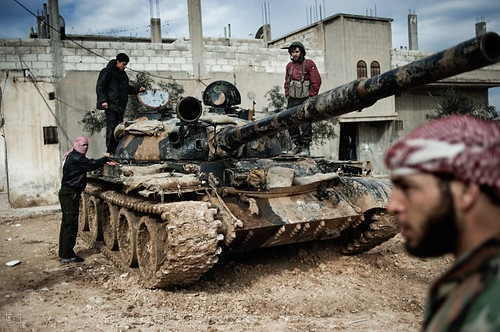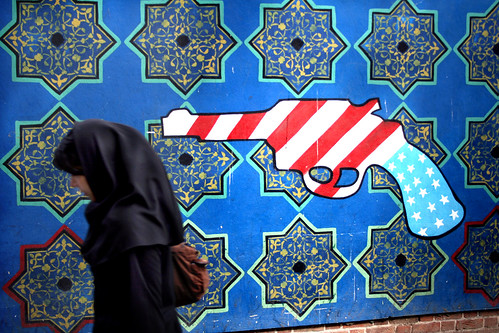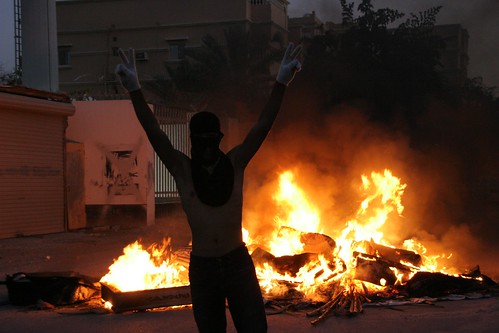
Even the supporters of Turkey’s ruling Justice and Development Party (AKP) are disappointed with the results from Ahmet Davutoğlu’s foreign policy. Only 53 percent of AKP voters agree with his Syria policy; in total, 56 percent of Turks are opposed to it. However, not only with regards to Syria, Turkey’s overall foreign policy has hit the brick wall. There has only been very little progress in other areas as well: whether it is Cyprus, Greece, or Armenia – none of Turkey’s “old” problems with its non-Muslim neighbors have been resolved.
Moreover, relations with Muslim neighbors Iran and Iraq – with the exception of Kurdish northern Iraq – as well as Egypt are tense. In the Israeli-Palestinian conflict, the AKP has lost its past influence over the involved parties. Neither Israel, nor the PLO or Hamas look to Ankara anymore. Little is left from Turkey’s stance as a regional power.




